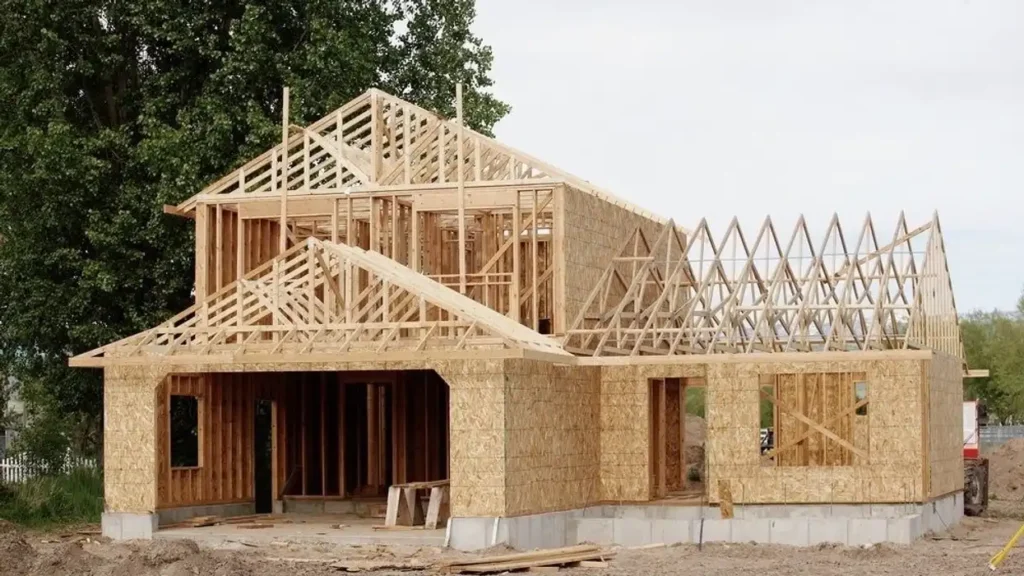Starting in the 2023-2024 school year, students from kindergarten to Grade 9 in British Columbia schools will no longer receive letter grades.
Instead, there will be a four-point scale that includes “Emerging”, “Developing”, “Proficient”, and “Extending” – along with “descriptive feedback”. Rather than report cards, there will be five “reporting events”, consisting of four “Learning Updates”, as well as one end-of-year “Summary of Learning”.
In keeping with the latest absurd innovations in pedagogical thinking churned out by tenured radicals in universities, students themselves will be in charge of some of the feedback! There will be “integrated student self-assessment”, along with updates on progress towards student-chosen “learning, personal inquiry and development goals”.
A 2021 report prepared by R.A. Malatest & Associates for the Ministry of Education found that this policy change was broadly opposed. Overall, 65% of those surveyed were dissatisfied with the policy, while only 13% were satisfied.
When asked specifically about the abolition of letter grades, low satisfaction was reported by teachers (52%), parents and caregivers (60%), and students (83%). There was only one group of respondents which registered approval for the change: administrators, of whom 60% expressed high satisfaction.
The only part of the policy which received majority approval from respondents was the retention of letter grades in Grade 10-12. In other words, the only element of this terrible reform that people like is that it does not go as far as it could have.
While technically a democracy, citizens are increasingly sidelined from the decisions which affect them most. Major policies are decided by self-proclaimed panels of “experts”, whose profound conviction in the self-evident reality of their beliefs precludes them from the necessity of deferring to public opinion.
I have seen firsthand how the experts at the BC Ministry of Education have overseen a decades-long decline in standards in public schools. When I was in elementary school in the 2000s, bleeding-heart bureaucrats changed the “F” grade to the “I”, denoting incomplete. Before I entered high school in 2012, the experts axed the Grade 12 math and science requirements. After I graduated, four credits of highly politicized Indigenous courses were mandated, which Grade 10-12 students can take instead of English.
The schemes of the experts have been an unmitigated disaster. Through no fault of their own, students are increasingly unable to recall the general outline of Canadian history, express their thoughts in beautiful and grammatically correct written or spoken English, or discuss the meaning of a classic novel with their peers or parents.
Ontario is heading in the other direction, with a series of back-to-basics reforms. Cursive writing is back, as is a focus on reading, writing, and math. This shows that reversing the decline of schools merely takes political will.
By working together, BC parents can take back the school boards. The first push by these newly elected boards should be the return of letter grades. Students both need and crave to be held to the standards of academic excellence. British Columbians must demand nothing less.
Editor’s note: This article was originally published in the Islands Marketplace magazine (islandsmarketplace.com/issue.pdf) in my bi-monthly column, Counter Current.
All content on this website is copyrighted, and cannot be republished or reproduced without permission.
Share this article!




The truth does not fear investigation.
You can help support Dominion Review!
Dominion Review is entirely funded by readers. I am proud to publish hard-hitting columns and in-depth journalism with no paywall, no government grants, and no deference to political correctness and prevailing orthodoxies. If you appreciate this publication and want to help it grow and provide novel and dissenting perspectives to more Canadians, consider subscribing on Patreon for $5/month.
- Riley Donovan, editor